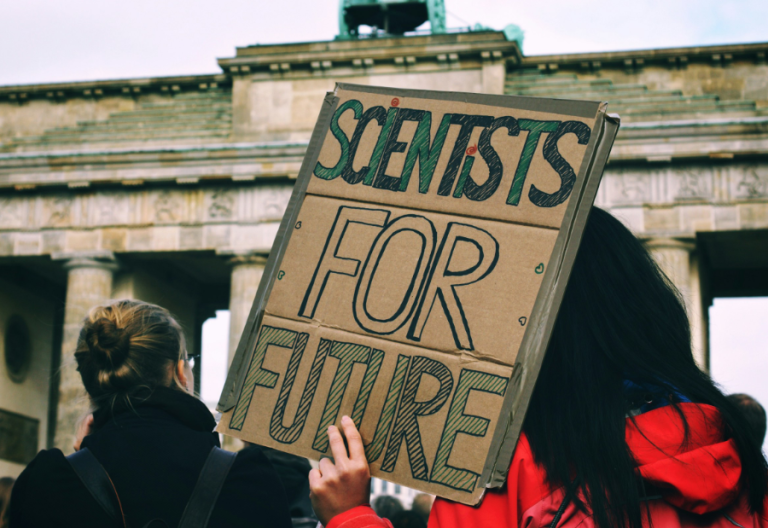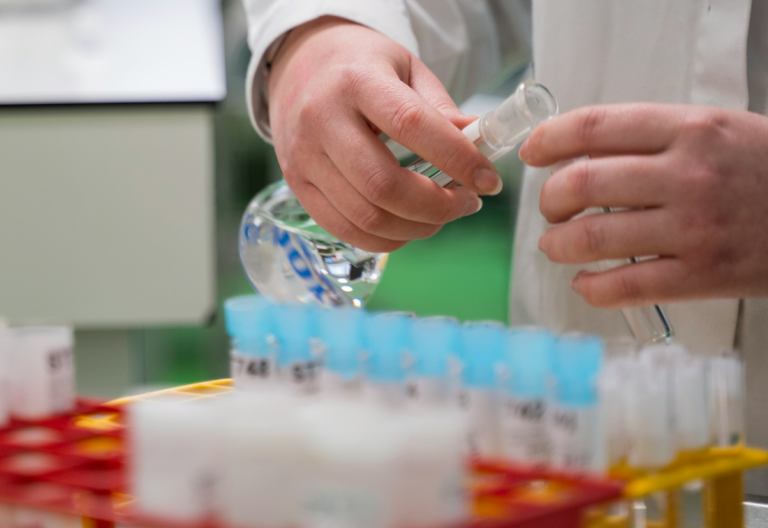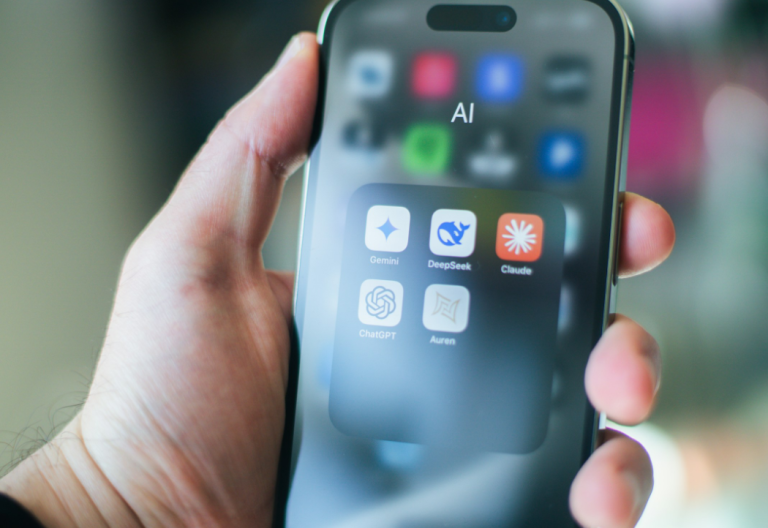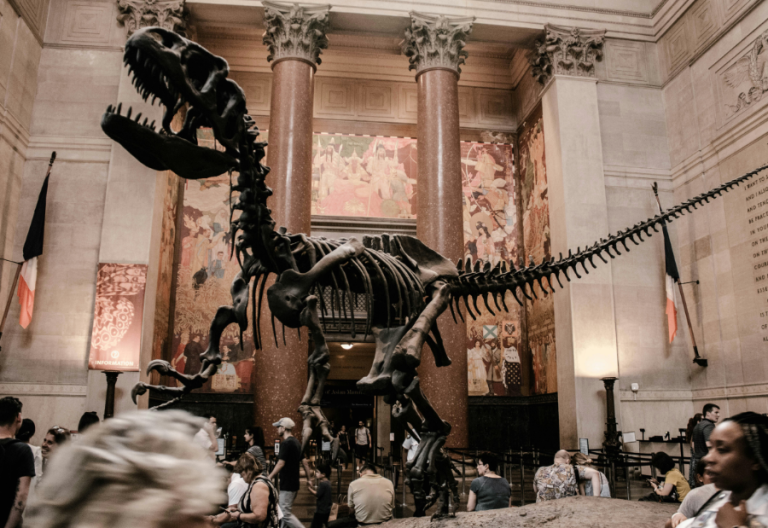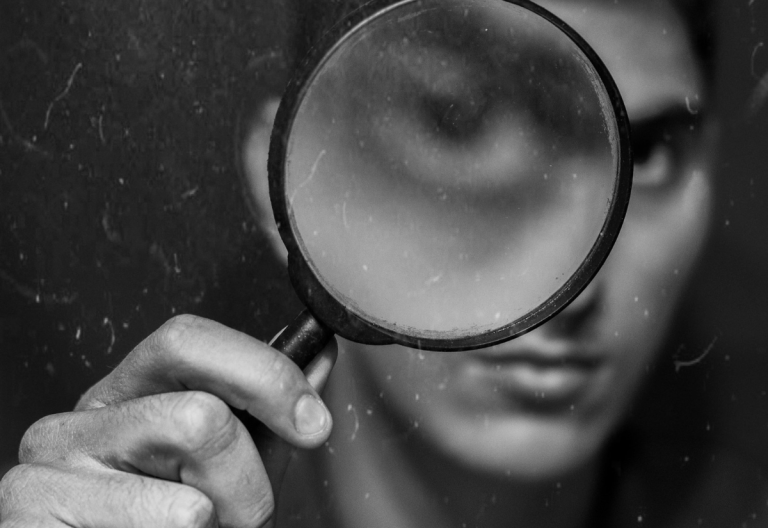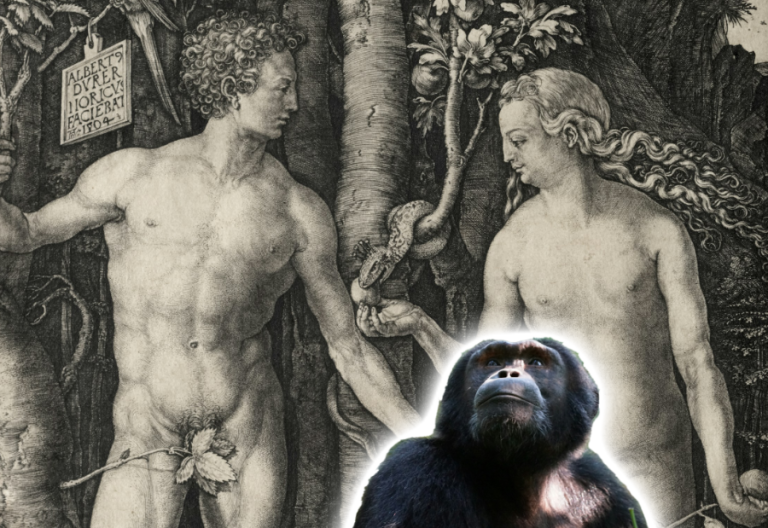Science & Health
How climate scientists balance the tension between research and public protest
Samuel Finnerty
24/02/2026
From marches and demonstrations to civil disobedience, scientists are increasingly turning to climate protest. As a social psychologist, I’ve been ...
Continue reading →
Marketing science
Beth DuFault
04/02/2026
People often see science as a world apart: cool, rational and untouched by persuasion or performance. In this view, scientists simply discover ...
Continue reading →
Key lessons about misinformation from ancient scientists
Jemima McPhee
06/01/2026
Ancient scientists can be easy to dismiss. Greek philosopher Thales of Miletus, often described as the West’s first scientist, believed the ...
Continue reading →
Algorithms are amplifying antifeminist masculinities
Maya Del Rio Reddan
27/11/2025
The online world of boys and young men in the post-Andrew Tate moment is now saturated with masculinity influencers who take ...
Continue reading →
We risk a deluge of AI-written ‘science’ pushing corporate interests
David Comerford
12/09/2025
Back in the 2000s, the American pharmaceutical firm Wyeth was sued by thousands of women who had developed breast cancer after taking ...
Continue reading →
AI slop: An unwelcome form of online content
Adam Nemeroff
03/09/2025
You’ve probably encountered images in your social media feeds that look like a cross between photographs and computer-generated graphics. Some ...
Continue reading →
It’s fantasy to think AI can be free from bias and ideology
Declan Humphreys
20/08/2025
In July, the United States government made it clear that artificial intelligence (AI) companies wanting to do business with the White House ...
Continue reading →
Science versus ownership: The true value of fossils
Jessica Theodor
14/08/2025
Last year, a Stegosaurus nicknamed ‘Apex’ sold at auction for US$40.5 million. A juvenile Ceratosaurus fetched US$30.5 million just last month. Supporters of ...
Continue reading →
The dangers of exponential growth
Elizabeth Dangerfield
07/08/2025
António Guterres understands something that most world leaders do not. He knows that exponential growth is unrelenting and immensely destructive. ...
Continue reading →
The fast lane to a renewable energy future
Andrew Blakers
04/08/2025
An academic living in cold Canberra retired his gas heaters a few years ago and installed electric heat pumps for ...
Continue reading →
When AI audits the scholarly record, what will happen to public trust in science?
Naomi Oreskes
31/07/2025
Self-correction is fundamental to science. One of its most important forms is peer review, when anonymous experts scrutinise research before it ...
Continue reading →
Why the British accepted evolutionary science and Americans didn’t
Edward White
18/07/2025
One hundred years after a Tennessee teacher named John Scopes started a legal battle over what the state’s schools can ...
Continue reading →

